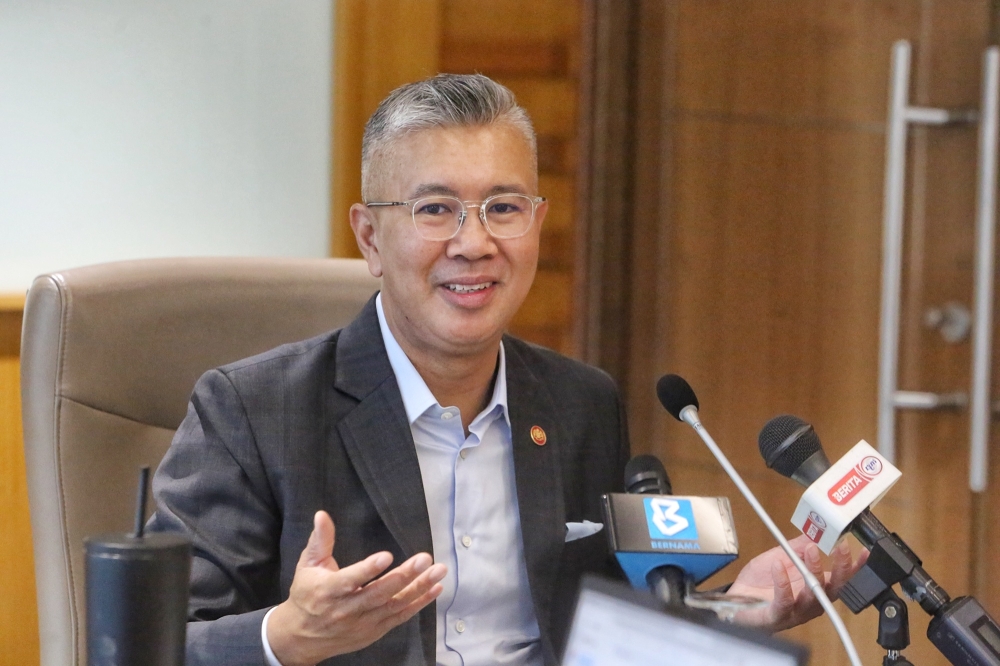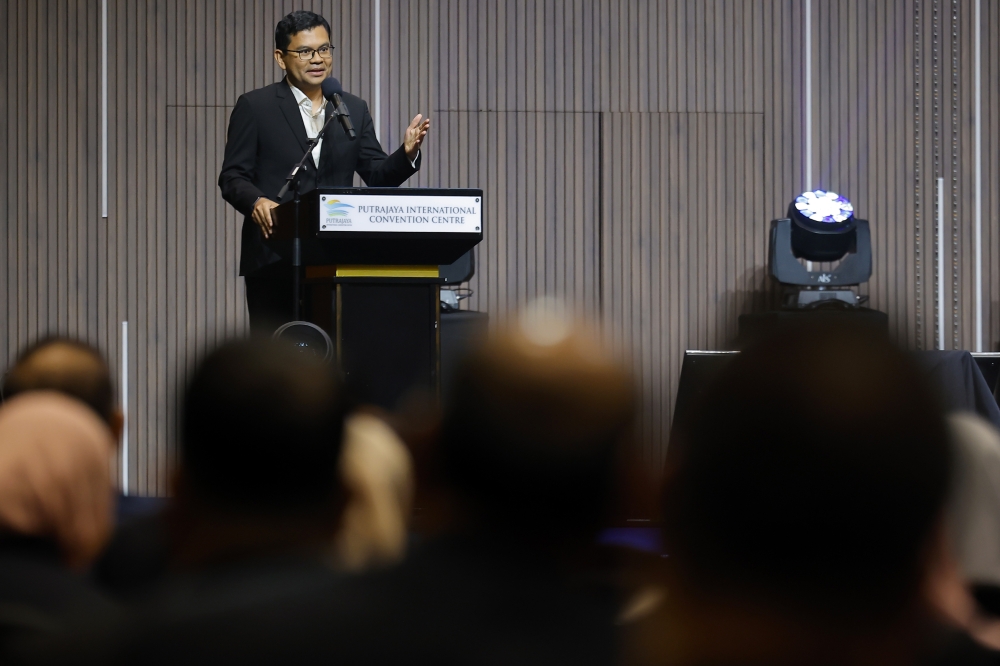MAY 17 — So Robert Putnam thinks that family is broken at the bottom of the economic distribution. We talked about that yesterday. Today we’ll talk about what he wants churches to do about it, according to a recent interview: Adopt a more poverty-focused “public agenda” and join the “national conversation.”
He said: “The obvious fact is that over the last 30 years, most organised religion has focused on issues regarding sexual morality, such as abortion, gay marriage, all of those. I’m not saying if that’s good or bad, but that’s what they’ve been using all their resources for. This is the most obvious point in the world. It’s been entirely focused on issues of homosexuality and contraception and not at all focused on issues of poverty.”
At the panel they sat on together, Obama made this point even more stringently. When people are talking in their congregations about “what’s the thing that is really going to capture the essence of who we are as Christians, or as Catholics, or what have you,” he said, poverty “is oftentimes viewed as a ‘nice to have’ relative to an issue like abortion.”
This characterisation is lacking in ... a certain Christian charity, let us say. Putnam’s point was really, really not helped by the headline on the piece (“Have faith groups been too absent in the fight on poverty?”). Let’s not spend much time figuring out what “too absent” could possibly mean. If it’s anything like “absent,” then it’s such an absurd distortion one hardly knows where to begin. Oh, I know. We’ll begin by showing it’s 180 degrees false.
Conservative religious groups spend an enormous amount of time and energy on fighting poverty, much of it in the kind of hands-on, direct action that us secular types rarely get involved in. The Mormon Church runs one of the most effective private welfare states in the world. And if you don’t like that model, which focuses on other Mormons, you can go to the Catholic Church’s many poverty ministries, or the private welfare organisations run by evangelical megachurches across the land. You’ll find pastors and lay volunteers stepping into the gaps that government welfare doesn’t fill: helping single parents get cars and apartments using church funds, offering material help and social support for drug addicts who are trying to get clean, providing everything from day care to a new stove for families who cannot afford them. These churches are sending their members out on mission trips, here and abroad, that offer food, medicine, and help building homes or infrastructure needed by the community. They are going into prisons and working with inmates. They are fostering needy children. Obama’s first salary as a community organiser was, in fact, paid by Catholic churches.
These services are not contingent on professing the faith; they are contingent on needing help, though sometimes also on a modicum of effort at helping yourself. Conservative Christians are taking part in the “national conversation” on poverty. They’re also taking action. If there is a society-wide effort to fight poverty, it is arguably the secular folks who are shirking.
There’s a common trope among liberals, that many Christians are abdicating Christ’s message by focusing on stupid issues like sexual morality and abortion rather than his true message about serving the poor. This shows ignorance about how conservative religious denominations actually operate. Why do so many people hold such a distorted view? It’s a product of availability bias: If you don’t actually interact much with those churches, then your understanding is shaped by the politically controversial stories about abortion and gay marriage. These are readily called to mind because they are perennially discussed, while the vast work that churches do to help struggling people, day in and day out, goes unremarked.
Putnam and Obama do not quite fall into this trap; they acknowledge the private charity, while asking for a more muscular public agenda. But they do, it seems to me, fall into a different one: egocentric bias. This is the tendency to overgeneralise your own thoughts to others so much that you misjudge the other person. One way this manifests in politics is for people to say “if this person cared as I care, they would believe as I believe.” The obvious corollary often becomes “Therefore, they do not care about this thing that bothers me.”
Conservative denominations could easily argue that they are putting poverty on their public agenda, just not in ways that Putnam thinks are right, or effective, or enough. Groups like Chuck Colson’s prison ministry have been a leading voice in prison reform, which I think we can all agree is an issue that largely effects the economically disadvantaged, and arguably creates a lot more of them. Conservative denominations also fight for what they consider traditional morality on issues like premarital sex and abortion. But it’s a mistake to see these campaigns as being just about sex and sin. These are priorities because the denominations want to encourage stable families – something that both they and Putnam can agree we’d like to have more of. Some conservative Christians oppose big expansions of the welfare state. Because they don’t care about the poor? Here’s another theory: because they don’t think a massive welfare state is the best way to help the poor.
You may not agree with them on all of these points, of course; I certainly don’t. But the fact that I disagree does not preclude the possibility that these are their honest convictions, pursued with good intentions. If you let yourself get sucked in by egocentric bias, you can’t see this. For people with these blinders on, the invitation to join a national conversation on poverty is actually code for “hush up and repeat after me.”
To put it another way: What if conservative Christians started saying that secular liberals don’t care about poverty, and the only way liberals could show their human decency would be to step up charitable donations to the same level as conservative religious people, get active in efforts to provide private assistance, take in foster kids, and aggressively support stable nuclear families through a combination of exhortation and social sanction? It doesn’t feel quite fair, right?
A term I seem to recall ripping off from Nicholas Epley, though Google does not reveal it in his work. — Bloomberg View
* This is the personal opinion of the columnist.






















